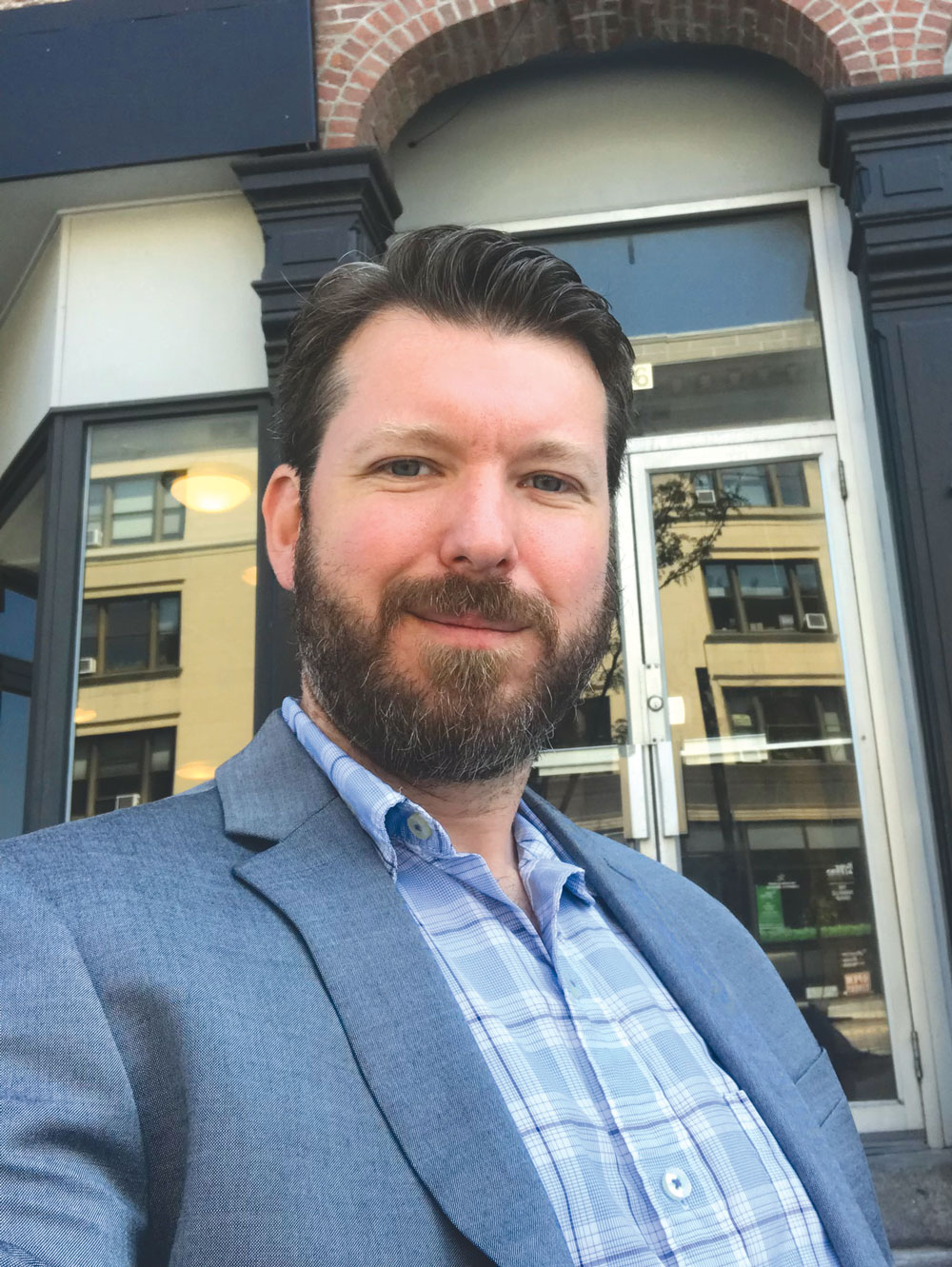Career Academy’s inaugural class gets underway
The New Hampshire Department of Education and the Community College System of New Hampshire have created a program that allows high school seniors to earn their diploma and work toward an associate’s degree or certificate simultaneously over the course of two years at no cost to the student. The first New Hampshire Career Academy class, consisting of 12 students in pursuit of degrees in criminal justice, finance and accounting, culinary arts, cyber security and other fields, will begin courses at community colleges around the state on Sept. 12. Nathaniel Greene, bureau administrator for the Bureau of Educational Opportunities and department liaison for the Career Academy, talked about the new educational opportunity.
How does Career Academy work?
It functions kind of like a dual enrollment program, except, rather than the student getting their high school diploma with some college credit, they’ll be enrolled in a full community college program. They’ll do an additional year [of high school] — they’ll be a fifth-year senior — and at the end of the program, they’ll come out with both a high school diploma and a certificate or associate’s degree from a community college.
How is this being funded?
We set it up through one of our charter schools, because the state makes payments to a charter school, as opposed to traditional public schools, which receive the bulk of their revenue from local property taxes, so we don’t have control over what they do with that money. By having a student enrolled in a charter school while taking courses at community college, the state can give the money that it would normally give to the charter school to the community college system instead, to cover the cost of tuition. It’s actually the same amount of money that the state would pay for a student to attend a charter school … so, in effect, there’s no cost to the student. … I think that’s the biggest benefit of this program, by far; it gives our low-income students across the state an opportunity to get their associate’s degree, which will open up more doors for them when they get out into the workforce.
What kind of student would be a good fit for this program?
It’s a great option for kids who have already figured out what they want to do and want to fast-track to that next step of getting a certificate or associate’s degree. … I think the kinds of kids who are going to be attracted to a program like this and going to be successful are kids who are interested in academics, self-motivated and responsible … and understand that this is going to be a challenge.
What will a student’s day look like?
They’ll be enrolled just like any other adult community college student. They’ll attend all of their courses at the community college … including the high school courses they need to get their diploma. … They’ll move through the [degree] program just like the other community college students do.
Would they be missing out on their high school experience?
We set up the program so that students can still take part in the normal things they would do as a senior in high school. If they want to attend their senior prom or participate in extracurricular activities at the school, they can do that. … They wouldn’t necessarily be graduating with their [senior] friends since they have to do that fifth year, but we have suggested that schools let that student participate in the ceremony and walk with their friends. They’ll just be given a blank diploma and will receive their real diploma after their fifth year.
What are some of the challenges students should be prepared for?
One of the things we stress to students and parents is that they’re entering an environment that is not the same as their high school environment. They’re entering the adult world. They’re going to be taking courses with adults, some [of whom] are in their 30s, 40s or 50s. … Things aren’t as structured, so there’s going to be more personal responsibility placed on the student. … There will be some guidance resources, but it’s not the same as the guidance counselor at their high school, and there won’t be access to the same kinds of social and emotional support and services that exist for students within a high school.
How does Career Academy set students up for success?
I think one of the biggest ways is the partnerships we’re creating with the businesses and industries that the students are going into. … We’re working with the [Health Care] Administrators Association for students coming out with nursing and medical degrees. We’re working with a couple different manufacturing companies for students getting degrees and certificates in mechanical engineering, engineering technology, advanced manufacturing and robotics. We’re reaching out to accounting associations for students who want to go into the financial field. … The intent is not only to get kids into the programs, but also to connect them with New Hampshire [employers] who want to hire them and keep them here in the state.
Featured Photo: Nathaniel Greene. Courtesy photo.





